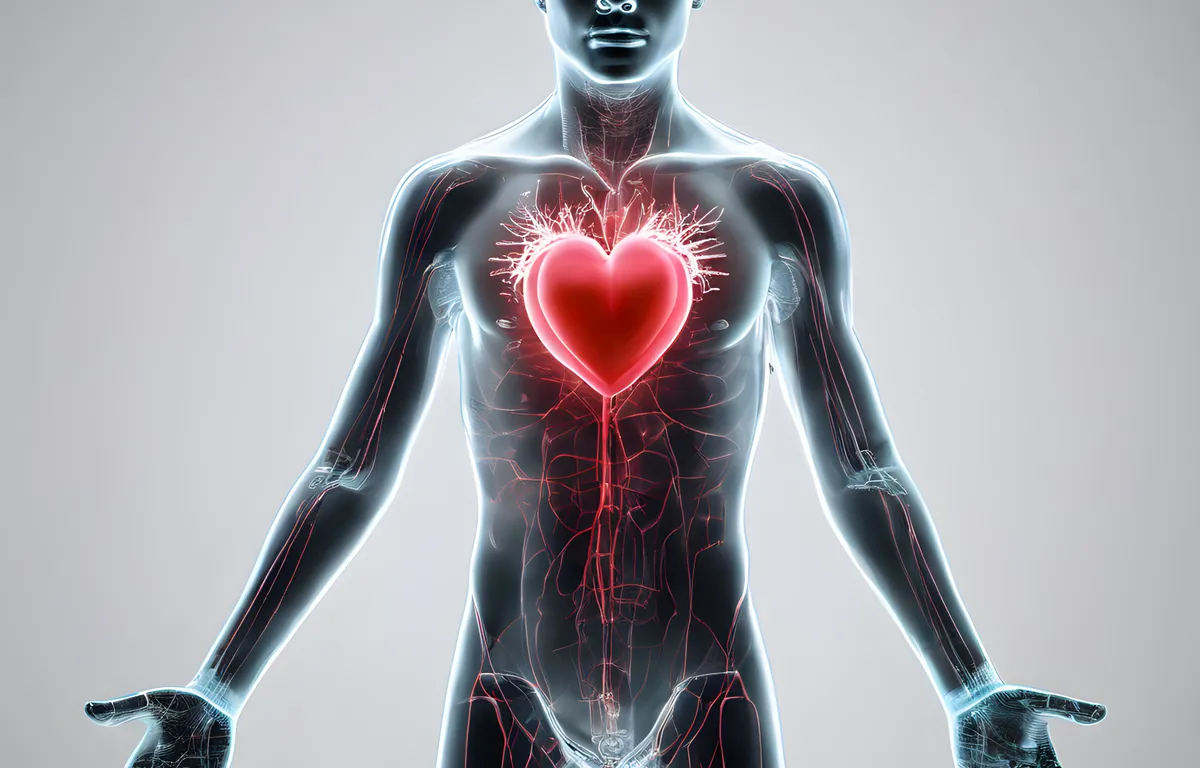More and more people monitor their heart rate with a smartwatch or an app on their smartphone. But what good is that wisdom? A lot of. What your heart rate can tell you about your health and well-being.A normal heartbeat at rest for adults is between 60 and 100 beats per minute. A lower resting heart rate can indicate good physical condition, especially in people who regularly exercise intensively, resulting in a more efficient and stronger heart, also known as an athlete’s heart. However, a very low heart rate can sometimes also cause complaints and be a sign of underlying health problems[3].
A high resting heart rate, more than 100 beats per minute, can be temporary and caused by factors such as stress, emotions, alcohol consumption or physical exertion. For example, alcohol can increase heart rate by widening blood vessels and lowering blood pressure, which makes the heart work harder. Drinking a lot of alcohol for a long time can lead to increased blood pressure and the risk of cardiovascular disease.
The fight-or-flight response, activated by the sympathetic nervous system in response to stress, also increases heart rate. This is the body’s natural response to danger, but can also occur during imaginary threats or during stressful situations.
During sleep, the heart rate normally decreases, especially during the deep sleep phase, to about 50 to 60 beats per minute. During the REM sleep phase, the heart rate can increase again to levels comparable to those during wakefulness.
In summary:
– A normal resting heart rate for adults is between 60 and 100 beats per minute.
– A lower resting heart rate can indicate good physical condition, especially in people who regularly exercise intensively.
– A very low heart rate can sometimes cause complaints and be a sign of health problems.
– A high heart rate at rest can be caused by stress, emotions, alcohol consumption or physical exertion.
– Drinking a lot of alcohol for a long time can lead to increased blood pressure and the risk of cardiovascular disease.
– The fight-or-flight response increases heart rate as a natural response to danger or stress.
– During sleep, the heart rate normally decreases, especially during the deep sleep phase.
– Heart rate may vary depending on age, gender, physical condition, and mental status.
– Persistent abnormalities in heart rate or symptoms such as dizziness and palpitations require medical advice.
An abnormal heart rate, whether it is an unusually high or low resting heart rate, can be an indicator of health problems. If abnormalities or symptoms such as dizziness, fatigue or palpitations persist, it is advisable to seek medical advice.
2024-02-27 06:29:02
#heart #rate

